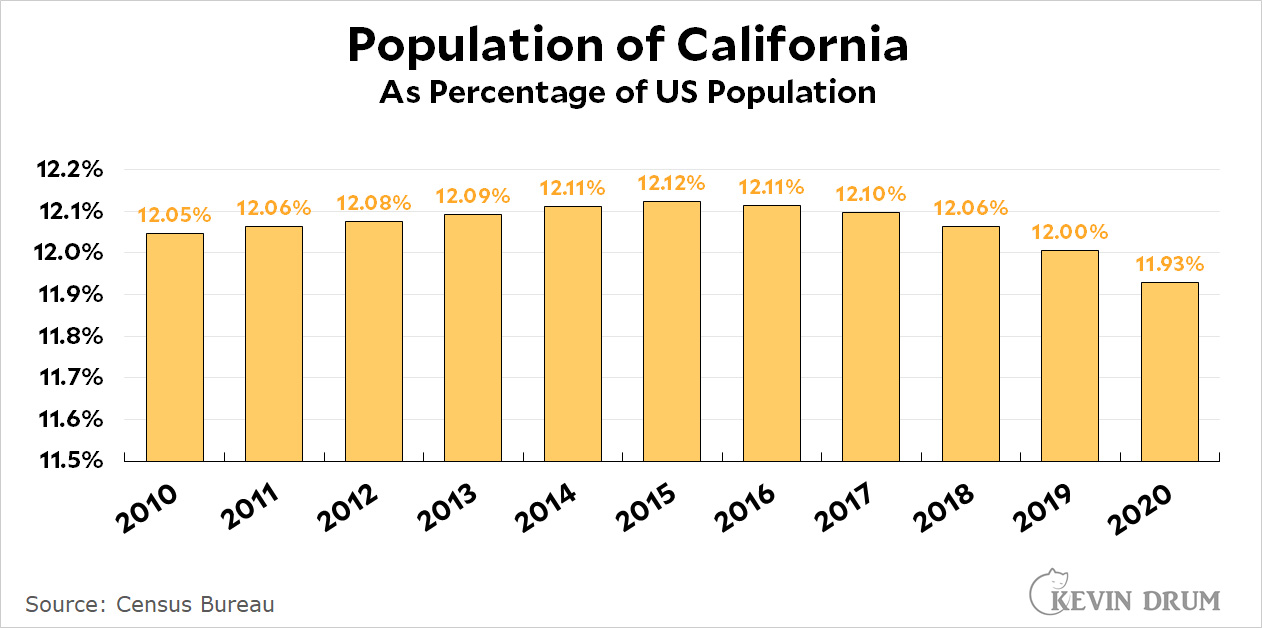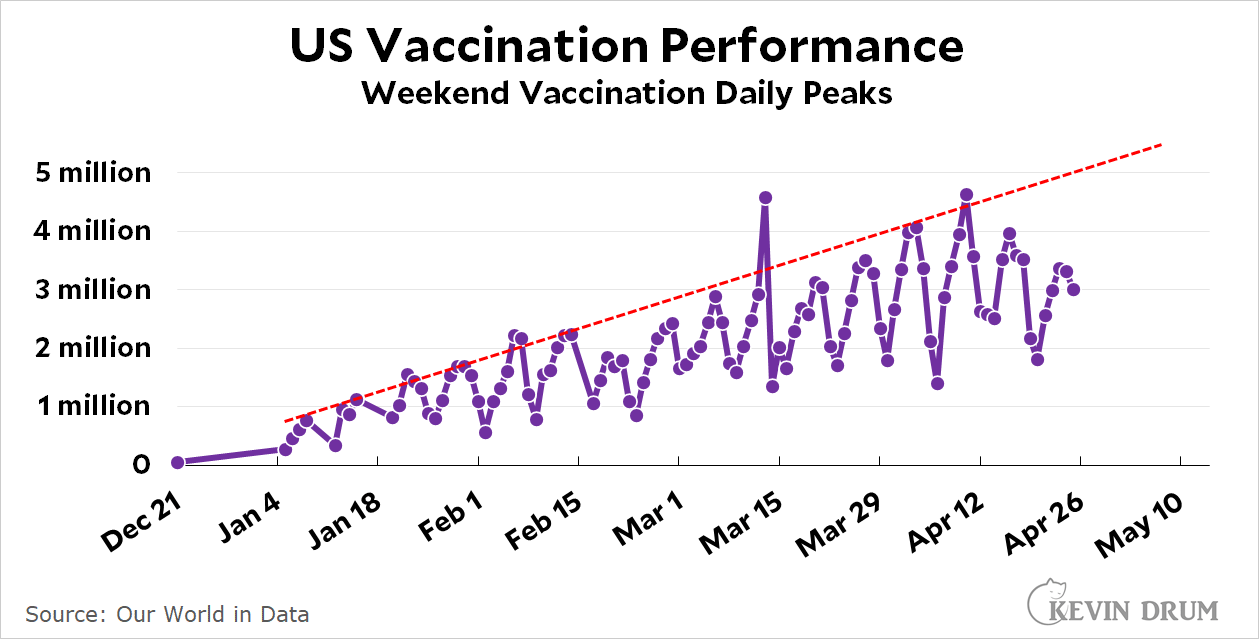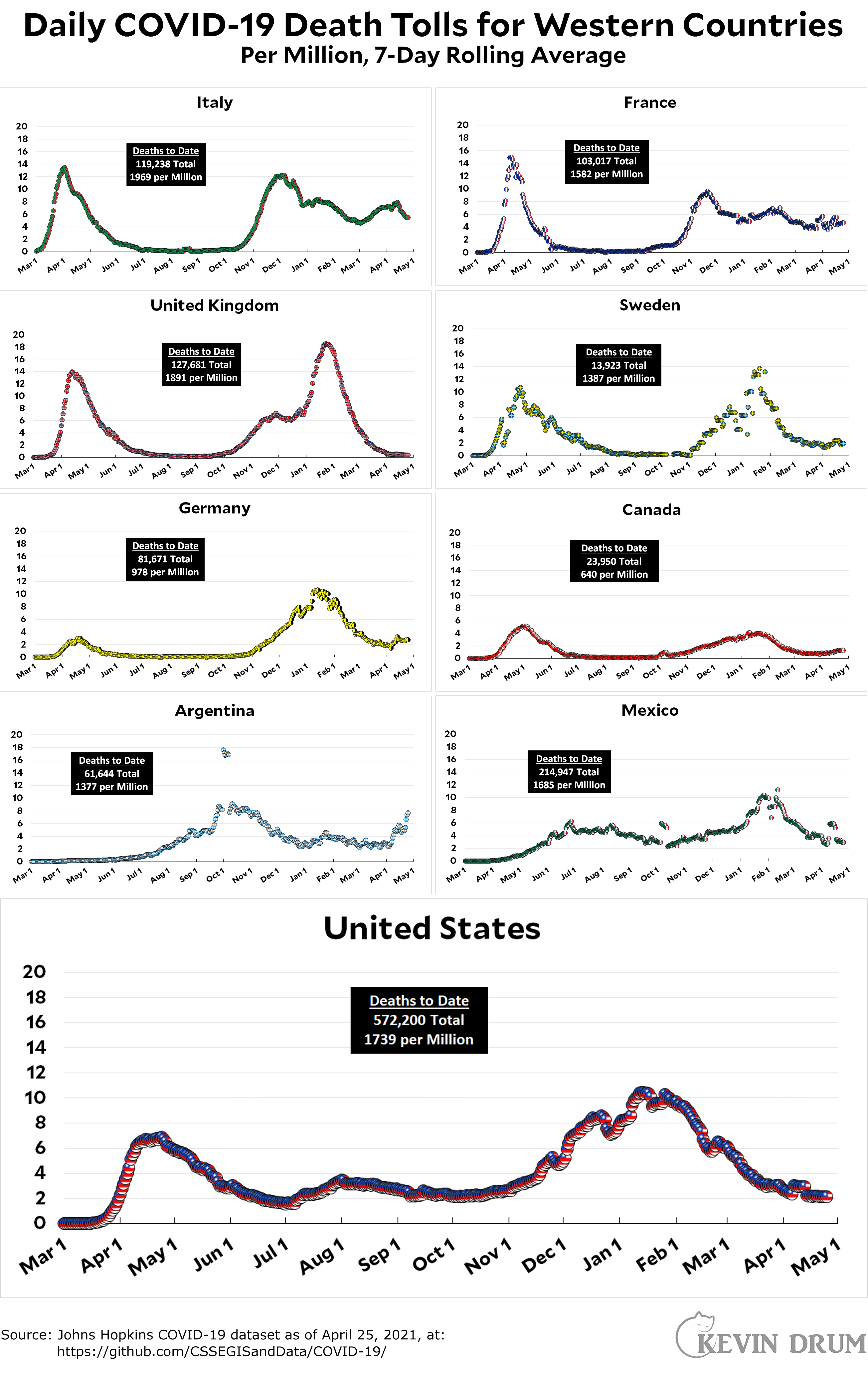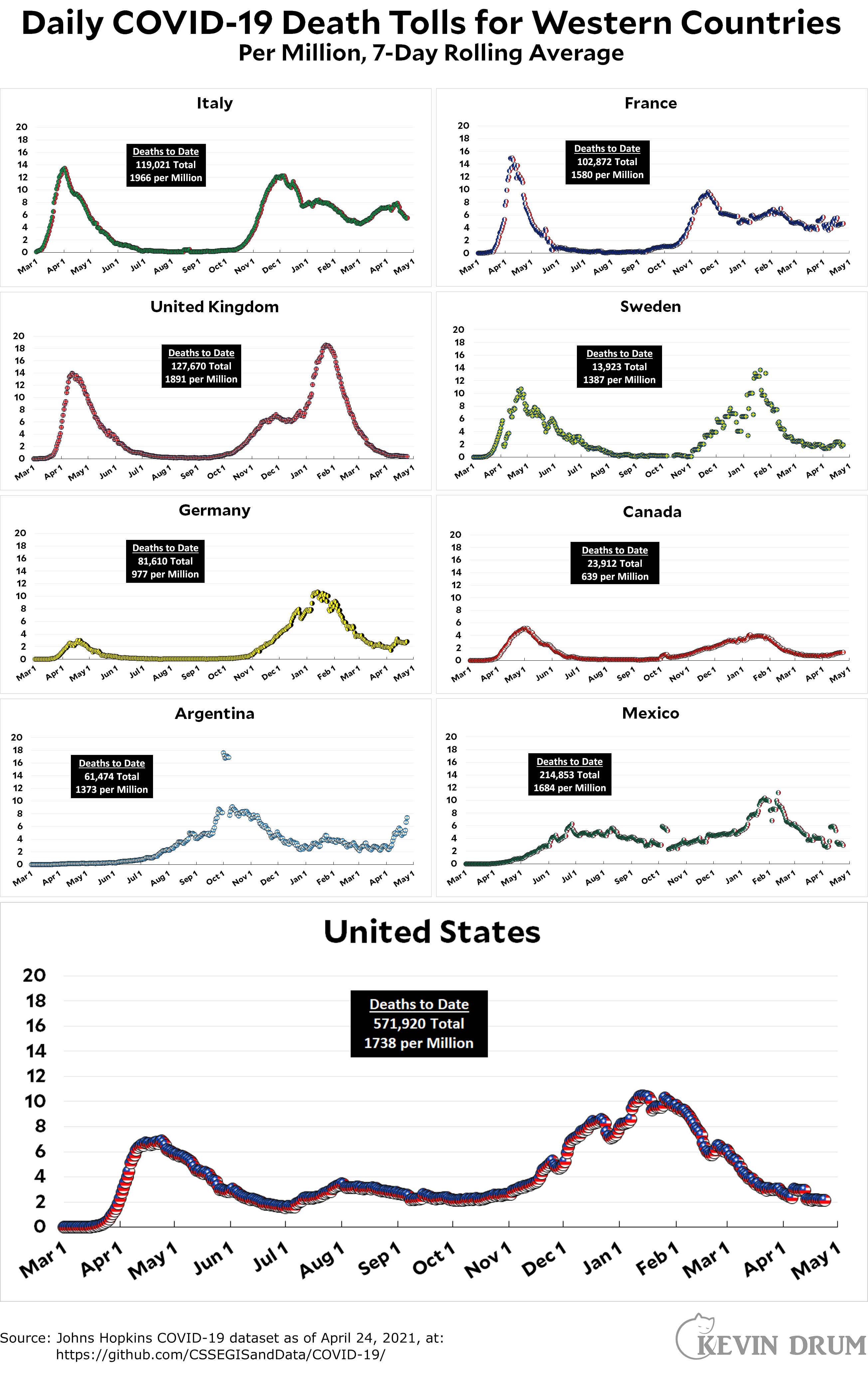Ben Smith reports in the New York Times that Facebook has a policy of blocking posts that show your house—if you complain about it. The intent is to prohibit doxxing, but since the policy has no exceptions it also includes news articles in, say, the New York Post, that report on the $1.4 million house recently purchased by BLM founder Patrisse Khan-Cullors.
 Smith is unhappy that Facebook doesn't defer to editorial judgment on these stories, instead simply applying its policy no matter where the reporting originates. It's fine to have an argument about that, but I was more taken by the suggestion that a Facebook block essentially erases news:
Smith is unhappy that Facebook doesn't defer to editorial judgment on these stories, instead simply applying its policy no matter where the reporting originates. It's fine to have an argument about that, but I was more taken by the suggestion that a Facebook block essentially erases news:
On Wednesday, I learned a new way to get a news article erased from much of the internet. [Explanation of Facebook policy follows.]
....“We’ve been thrown into a situation where all you can do is pick your billionaire monopolist,” [Danny] O’Brien said, lamenting “a world in which you get to pick your gatekeeper, rather than the world we were promised — and which technology offers — of not picking a gatekeeper at all.”
Suppose we go back 30 years. If the New York Post ran an article, it would be read by people who buy the New York Post.
Now let's come back to the present. If the New York Post runs an article, it will be read by people who buy the New York Post.
And people who see it online.
And anyone who watches Fox News.
And pretty much anyone who listens to right-wing talk radio.
And anyone who sees a link in Twitter.
And anyone who sees a link in any social media platform not owned by Facebook.
And anyone who reports on the controversy over the Post's whining about how Facebook hates them.
In other words, even without Facebook the audience for this piece is vastly larger than it would have been back in the good old days of print journalism and hard-bitten editors making tough editorial judgments. I understand that lots of people get some of their news from Facebook these days, but being banned from Facebook is hardly the equivalent of Big Brother shoving something down the memory hole. I heard all about the Patrisse Khan-Cullors thing even though I don't read the Post and don't get any of my news from Facebook.
There are legitimate questions to be asked about the control that Facebook and Twitter and Google have over the news we see, but it needs to start with a recognition of just how much Facebook really determines our newsreading habits. That's not an easy thing to measure rigorously, but in the meantime I'd say the evidence we have suggests a relatively small role. Smaller than most people think, anyway.
Maybe eventually we'll get some really solid research on this and it will turn out I'm wrong. But I kinda doubt it.




 Smith is unhappy that Facebook doesn't defer to editorial judgment on these stories, instead simply applying its policy no matter where the reporting originates. It's fine to have an argument about that, but I was more taken by the suggestion that a Facebook block
Smith is unhappy that Facebook doesn't defer to editorial judgment on these stories, instead simply applying its policy no matter where the reporting originates. It's fine to have an argument about that, but I was more taken by the suggestion that a Facebook block 



